Düzköy
The old name of Düzköy, which is in the province of Trabzon, is Haçka Village. It is located in the southwest of the city center, on the meridians of 41 degrees north parallel and 39 degrees east. Located in the southwest of Trabzon province, Düzköy district has Akçaabat and Çarşıbaşı in the north, Vakfıkebir in the northwest, Tonya in the west and southwest, and Maçka in the east and southeast. Düzköy is 27 km south of the Black Sea coast and is connected to the province of Trabzon by 40 km road. According to the Address Based Population Registration System, the total population of Düzköy district is 14234. Düzköy, located on the north-facing slopes of the western part of the Kalkanlı mountainous region in the middle of the Eastern Black Sea Mountains, is 750 m above sea level, in the northeast-southwest direction and on the slopes of the valley that opens like a fan to the northwest. It has 16 neighborhoods. Düzköy gained district status with Law No. 3644 on May 9, 1990, and the gradual restructuring of official institutions and organizations is changing and developing the face of the region. The main source of income for the people in the settlements built on the slopes of the upper part of the Söğütlü stream, known locally as Kale stream, is agriculture and animal husbandry. Agricultural products for the needs of the people, especially corn, potatoes and beans, are grown in the district, milk and dairy products are utilized in various facilities, and 2 milk factories provide a significant return to the district economy. In addition, the construction and construction industry is an important source of income for the people. Due to the lack of job opportunities in the region, migration and expatriation became a way of life, and there was an increase in out-migration, especially after the 1970s. A smooth transition between seasons is observed in Düzköy, which has a typical Black Sea climate. In places with relatively low altitude, broad-leaved trees form the forest cover, while as the altitude increases, coniferous trees and rhododendrons form the forest cover. As a result of landforms and climatic conditions, transhumance is an important economic activity for the people of the district.

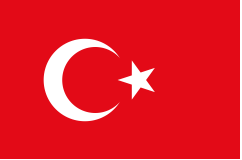



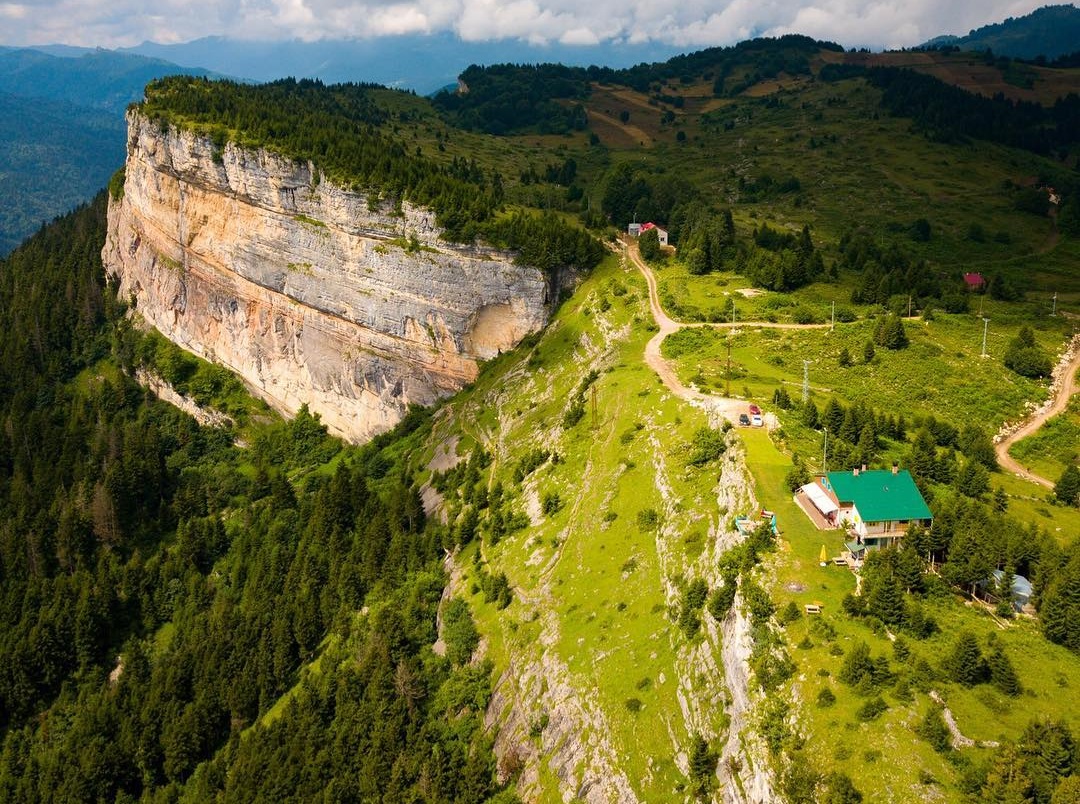
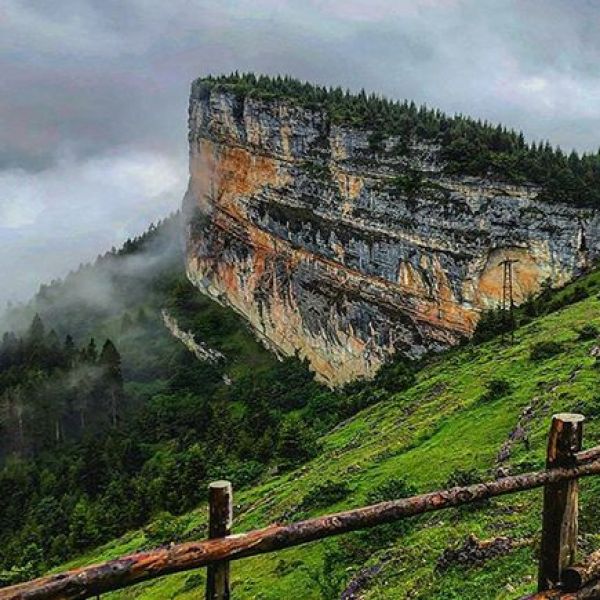
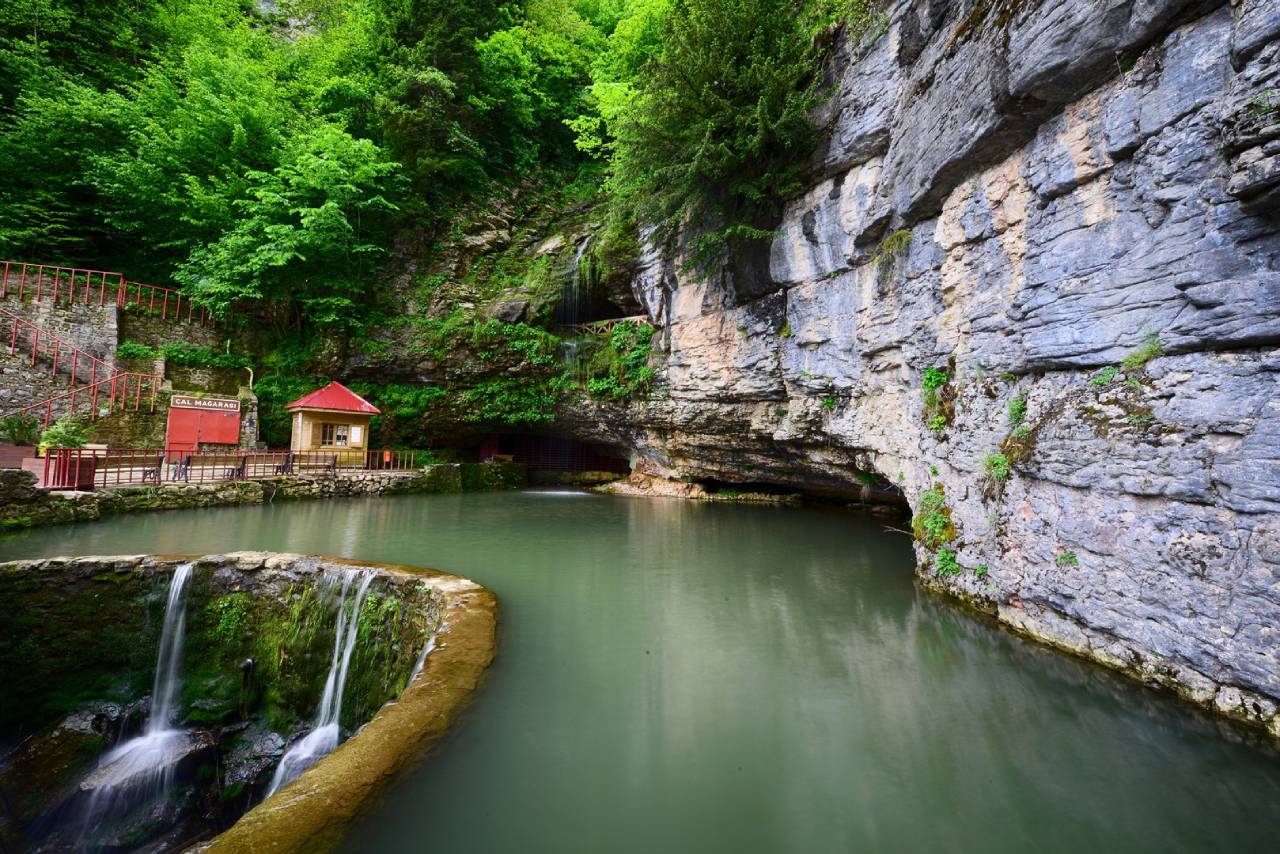
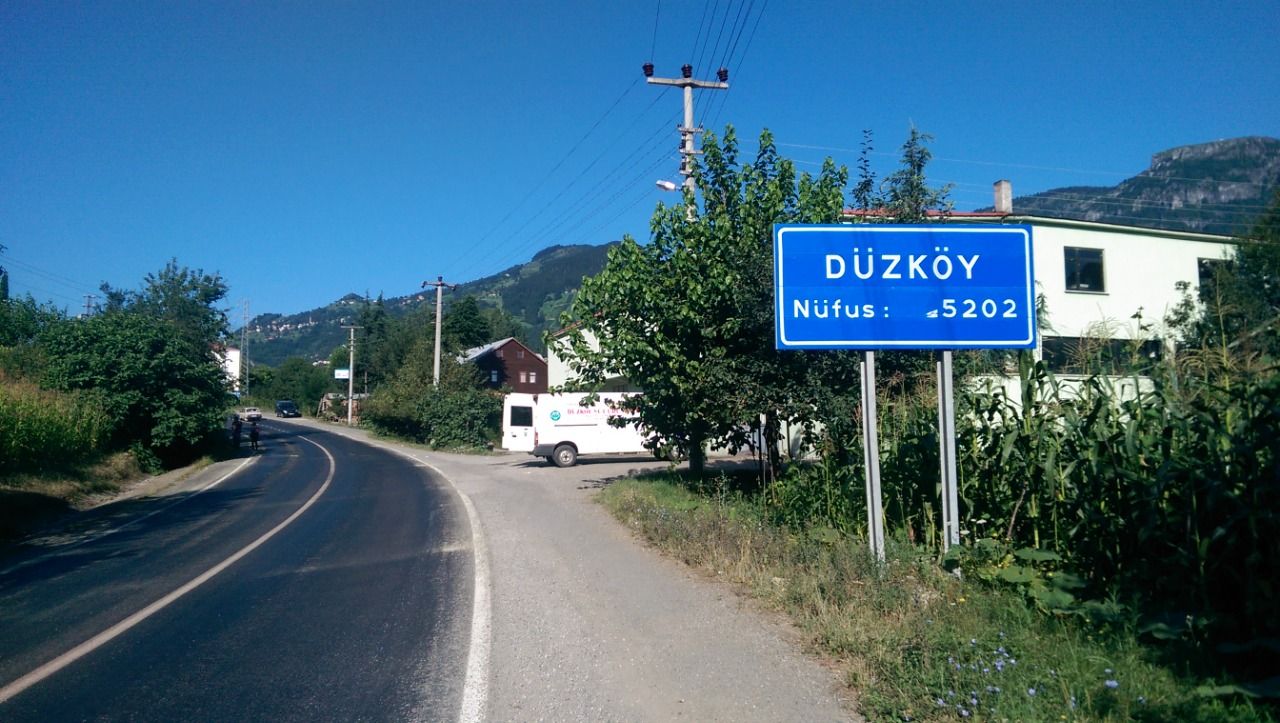
Leave Your Comments